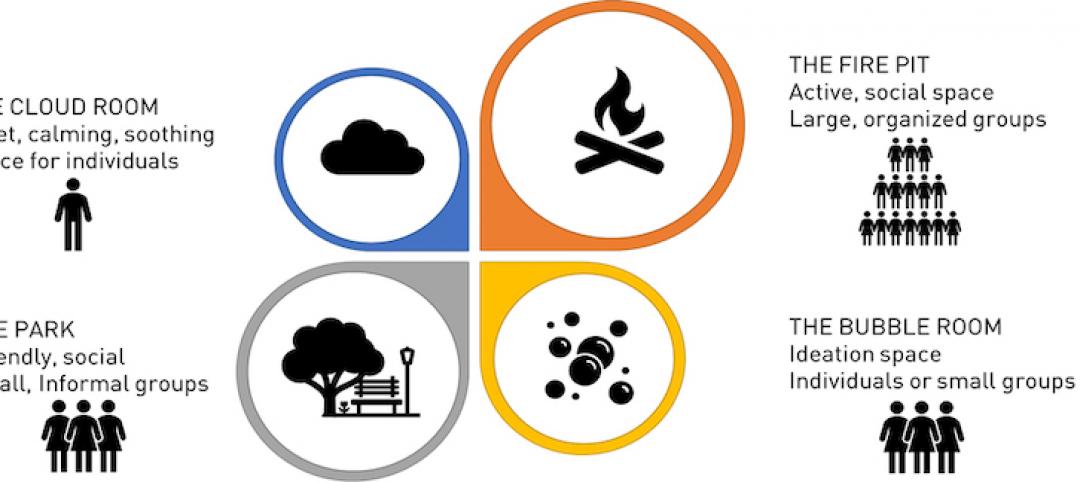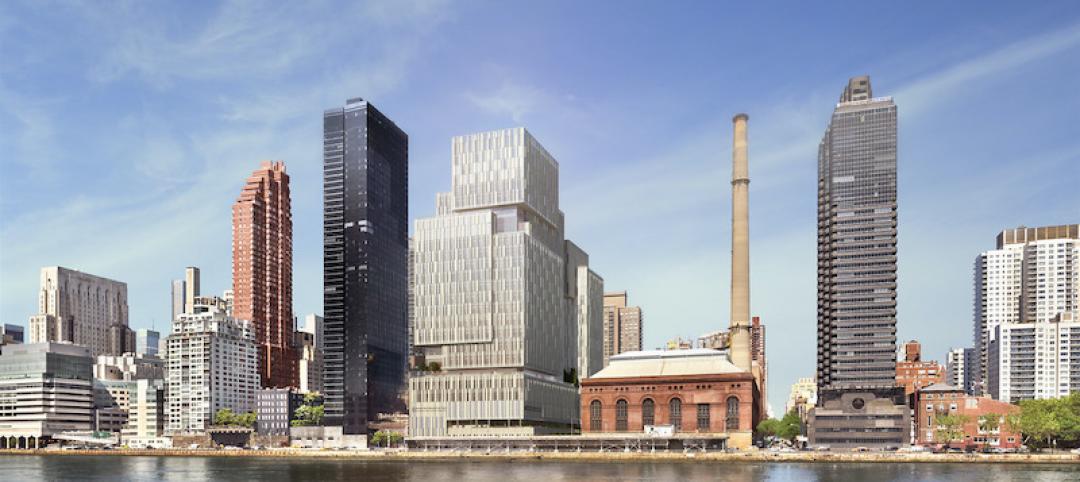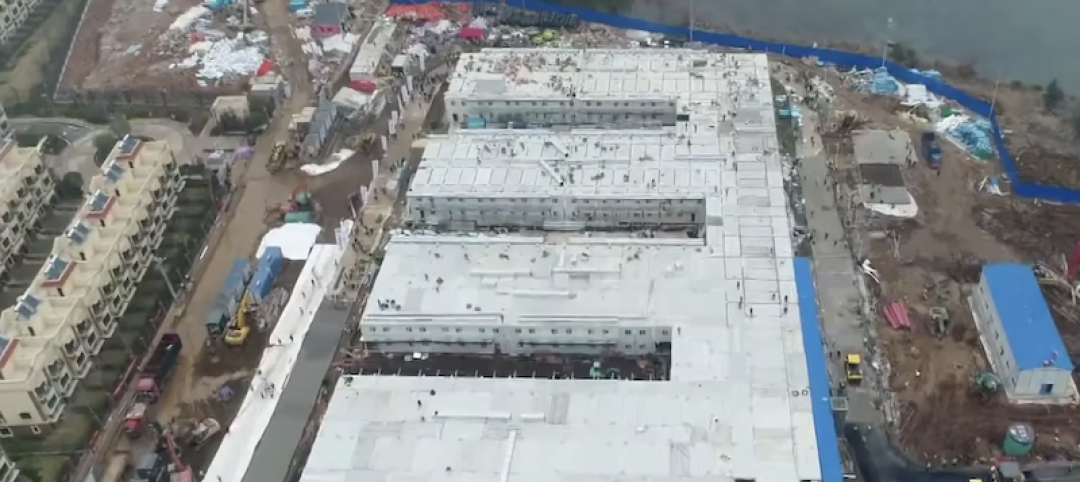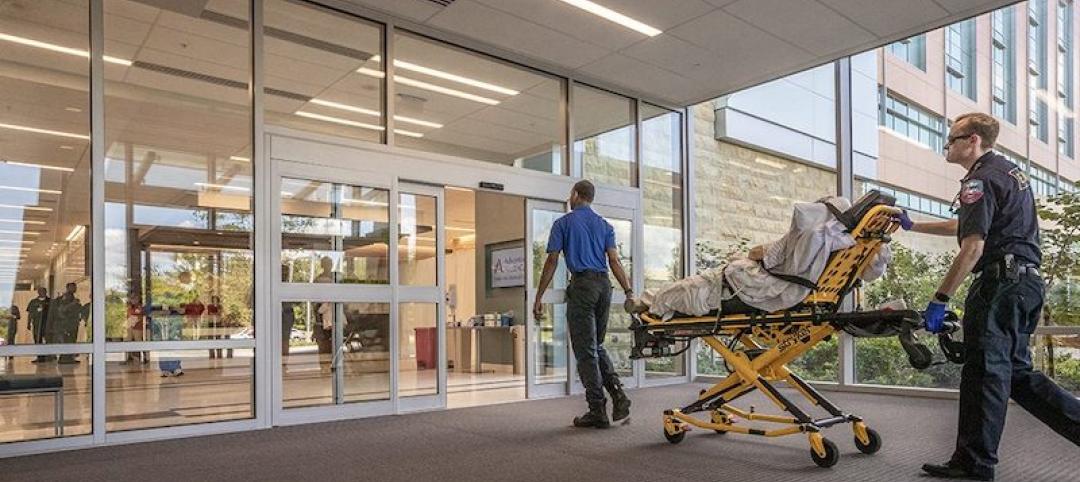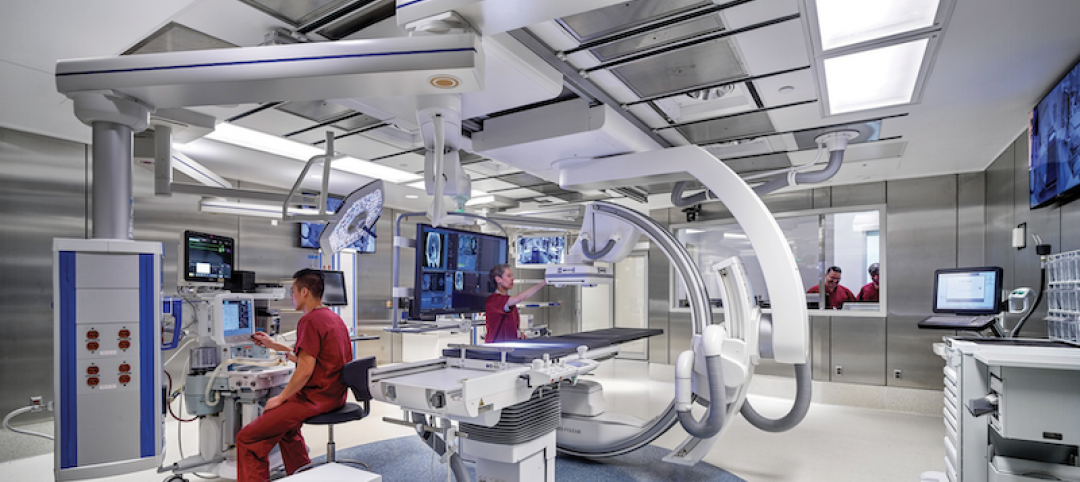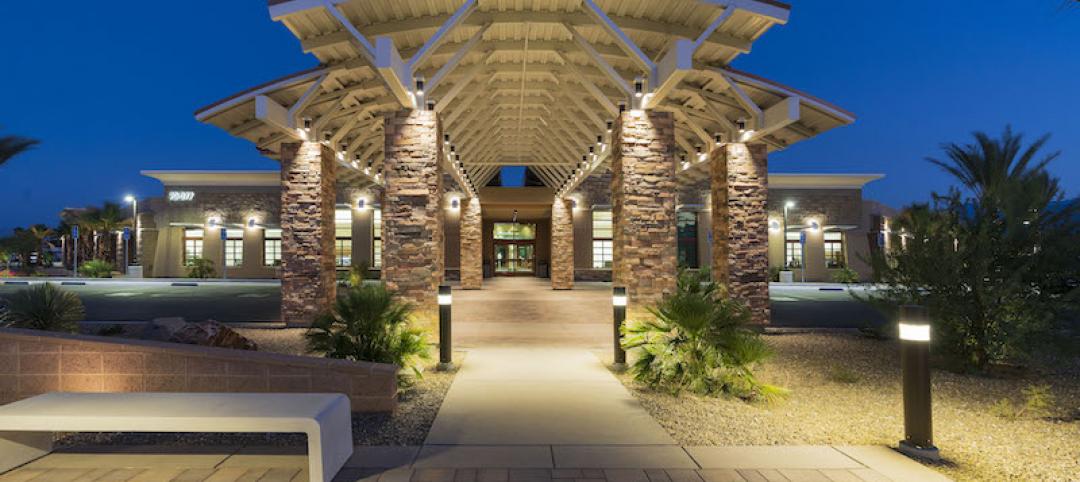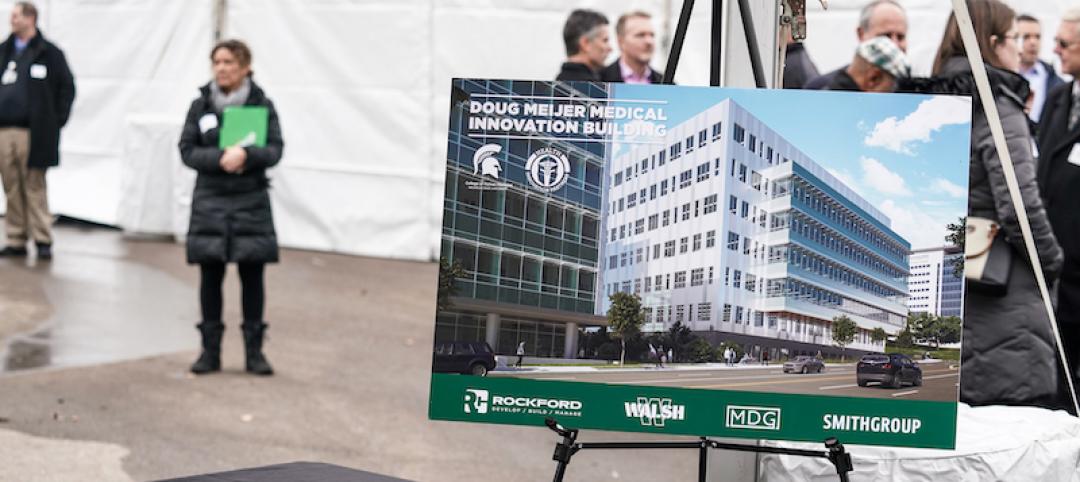The once steady 10% growth rate in healthcare construction spending has slowed, but hasn't entirely stopped.
Spending is currently 1.7% higher than the same time last year when construction materials costs were 8% higher. The 2.5% monthly jobsite spending decline since last fall is consistent with the decline in materials costs. A 7% decline is expected in the next six months, consistent with the year-to-date drop in the value of healthcare construction starts, which includes a 66% plunge in June.
The June drop is partly random but also reflects concern by healthcare project managers about how the outcome of the current healthcare debate in Congress will affect their operations. Specifically, they are concerned about reimbursement rates from federally operated or regulated insurance plans. With no final plan ready for a vote in early August, expect the cautious spending to continue through the summer.
 |
| Healthcare construction spending is currently 1.7% higher than the same time last year, led by hospital work, which is 14% higher than a year ago. |
All options being considered in Washington envision expanded healthcare services that would require additional facility capacity by 2011—but financing for the expanded services remains fuzzy. Half the added cost appears to be vague promises of $40 billion plus annual fee cuts by hospitals and drug companies. Significant growth in healthcare construction will not resume until the healthcare financing arrangements are final and judged to be realistic.
Hospital construction spending is currently 14% higher than a year ago, while spending for other healthcare facilities, including specialized office buildings and residential care facilities, is off 25% from last year. The developers of these buildings react to a recession much as developers of commercial buildings do: They pull back when they see falling rental and occupancy rates. By this time next year, expect spending for medical office buildings and possible residential care facilities to be expanding again in a growing economy while spending for hospitals is expected to still be stuck at current levels.
Related Stories
Healthcare Facilities | Feb 27, 2020
Milieu: Creating restorative environments in behavioral health
It’s time to take a closer look at the collection of therapeutic settings known as milieu.
Healthcare Facilities | Feb 11, 2020
New York City’s largest freestanding cancer center opens
The building creates a model for 21st century cancer care.
Healthcare Facilities | Feb 3, 2020
China builds 645,000-sf coronavirus hospital in 10 days
The project began construction on Jan. 23.
Healthcare Facilities | Jan 30, 2020
The complex dance of healthcare transitioning
Hospital employees, though excited about technological advancements, are expected to navigate a new workplace and care for their patients at the same time, all while training on new equipment and navigating a new building.
Healthcare Facilities | Jan 15, 2020
Top 4 healthcare design trends that will shape medical planning in the 2020s
For patients and healthcare staff, these developments will be most evident in new tools, such as robotic surgical tables and intra-hospital delivery drones, that improve healthcare services and outcomes.
Architects | Jan 6, 2020
Merger expands HED’s presence in SoCal
Puchlik Design Associates, its new addition, specializes in healthcare design.
Healthcare Facilities | Nov 26, 2019
Grand Rapids, Mich., is striving to emerge as a health research and innovation space
Michigan State University is part of a development team for a new life sciences building.
Healthcare Facilities | Nov 6, 2019
A new hospital tower will serve women and children exclusively in the expanding San Antonio market
This $500 million project represents the next phase in the hospital system’s capital improvement program.
Healthcare Facilities | Nov 5, 2019
UNC Health Care’s Surgical Tower set to begin construction
Skanska USA will build the project in three phases.
Healthcare Facilities | Oct 4, 2019
Heart failure clinics are keeping more patients out of emergency rooms
An example of this building trend recently opened at Beaumont Hospital near Ann Arbor, Mich.


